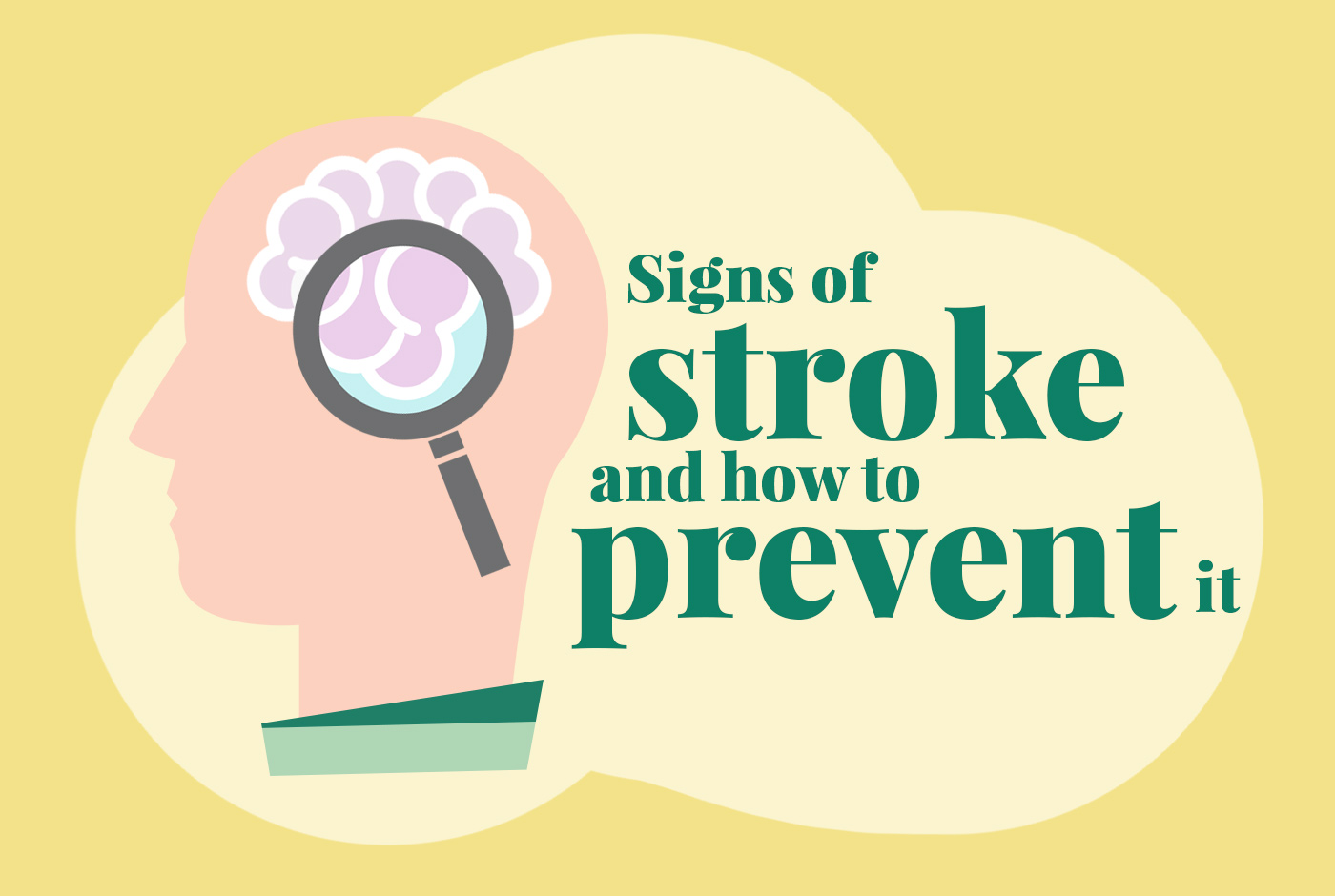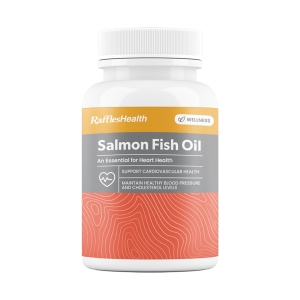Signs of stroke and how to prevent it

How to spot a stroke?
Time is of crucial essence in stroke treatment. Treatment for ischemic stroke is most beneficial when given during the first few hours of stroke symptoms.
To recognise a stroke, think FAST.
Try smiling and check whether one side of the face is drooping.
Raise both arms and check whether one arm drifts downwards.
Repeat a phrase or sentence and check for slurring of speech.
If you or someone experience any of the signs above, call 995 for the ambulance and inform the operator that it is a suspected stroke.
Other symptoms of stroke may include:
- Sudden weakness or numbness in the face, arms or legs, particularly if one side of the body is affected.
- Sudden difficulty in seeing with one or both eyes.
- Sudden difficulty in walking.
- Sudden dizziness, imbalance or uncoordinated movement.
- Disorientation and incomprehensible speech in someone who is normally coherent.
How to prevent stroke?
Watch your BBCs
Not the BBC news, but blood pressure, blood sugar level and cholesterol level.
Over time, elevated BBC levels contribute to the narrowing and damage of blood vessels supplying the brain.
The good news is that these risk factors are within your control.
Please take the prescribed medications to optimise your BBC levels
Diet and weight management
Reducing intake of salt, alcohol, sugar and unhealthy fats help to decrease your body weight and your BBCs.
Losing 5-10% of your body weight can reduce your BBCs too.
Incorporate more fruits, nuts (unseasoned), vegetables, fish, leaner meats and whole grains into your meals..
Avoid sweetened beverages and foods high in saturated fats and full fat dairy.
Get active
A daily 20-minute exercise regime or a cumulative 150 minutes of moderate physical activity weekly has been shown to reduce stress, decrease weight and lower your BBCs. Involve your family and close friends to keep each other motivated.
Stop smoking
Smoking increases your risk of stroke by 1.5 to 2.5 times.
Did you know, within 5 years of quitting smoking, you can reduce your risk of stroke to the same level as a non-smoker?
Go for regular health screening
Adopting a regular health screening regime can help you monitor your BBCs.
A stroke may sound overwhelming.Reducing your risk of stroke is possible.
Find out if you are stroke conscious enough by debunking some of the common myths about stroke here.


















